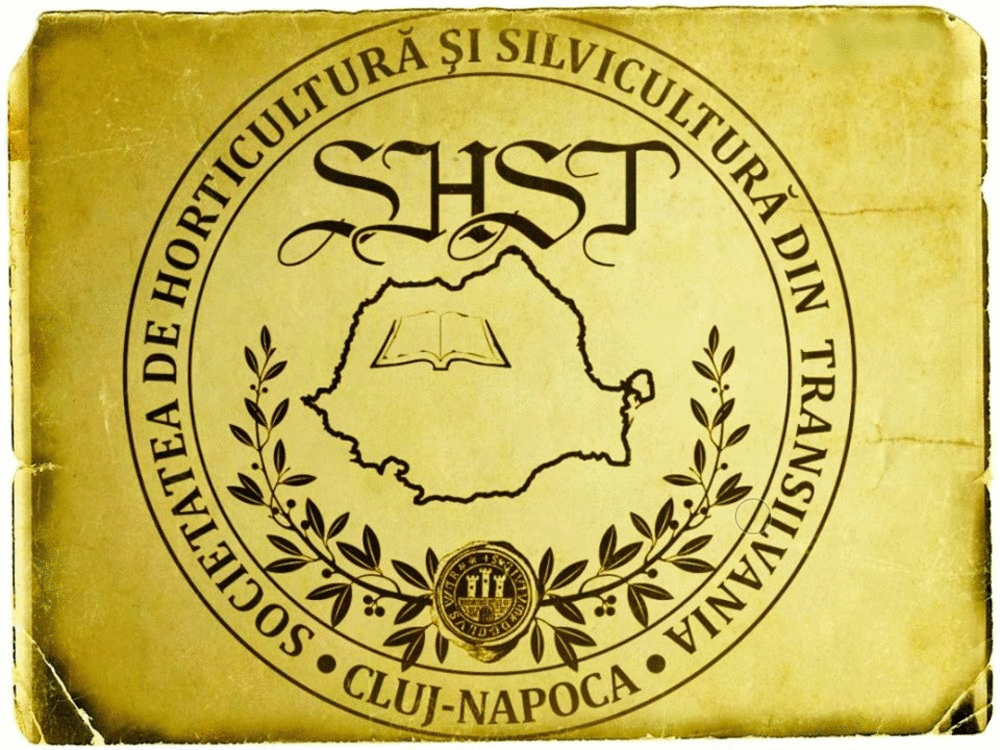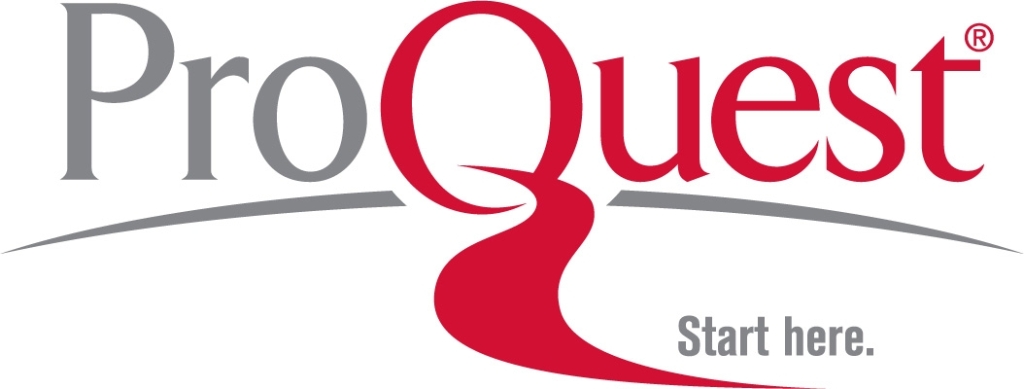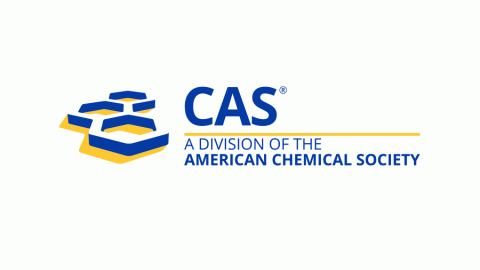Organic Additives Improves the in Vitro Growth of Native Orchid Vanda helvola Blume
DOI:
https://doi.org/10.15835/nsb729546Keywords:
basal media; conservation; in vitro seed germination; protocorm; OrchidaceaeAbstract
In vitro seed germination has been proven to be the most efficient technique to propagate orchid. The application of this aseptic technique has contributed to conservation of many endangered orchid species. In this study, undehisced capsules of Vanda helvola Blume were collected from Orchid Conservation Centre in Lagud Sebrang Agriculture Park, after 120 days from hand pollination and aseptically cultured on three types of basal media such as Murashige and Skoog (MS), Knudson C (KC) and Vacin and Went (VW). After 90 days of culture, 66.40 ± 4.14% of seeds successfully germinated on KC medium. The effect of organic additives such as tomato juice, coconut water, peptone and yeast extract at different level of concentrations in KC basal medium were also tested on seed germination and seedling development of this native orchid. After 90 days of culture, over 90% of seeds were tremendously germinated on KC medium supplemented with 10% or 15% (v/v) of tomato juice. The incorporation of peptone at 0.1% (w/v) in KC basal media promoted rapid development of protocorm to seedling. Seedlings on this treatment produced an average of three leaves and two roots after 90 days of culture and were successfully acclimatized.
Metrics
Downloads
Published
How to Cite
Issue
Section
License
Papers published in Notulae Scientia Biologicae are Open-Access, distributed under the terms and conditions of the Creative Commons Attribution License.
© Articles by the authors; licensee SMTCT, Cluj-Napoca, Romania. The journal allows the author(s) to hold the copyright/to retain publishing rights without restriction.
License:
Open Access Journal - the journal offers free, immediate, and unrestricted access to peer-reviewed research and scholarly work, due SMTCT supports to increase the visibility, accessibility and reputation of the researchers, regardless of geography and their budgets. Users are allowed to read, download, copy, distribute, print, search, or link to the full texts of the articles, or use them for any other lawful purpose, without asking prior permission from the publisher or the author.













.png)















